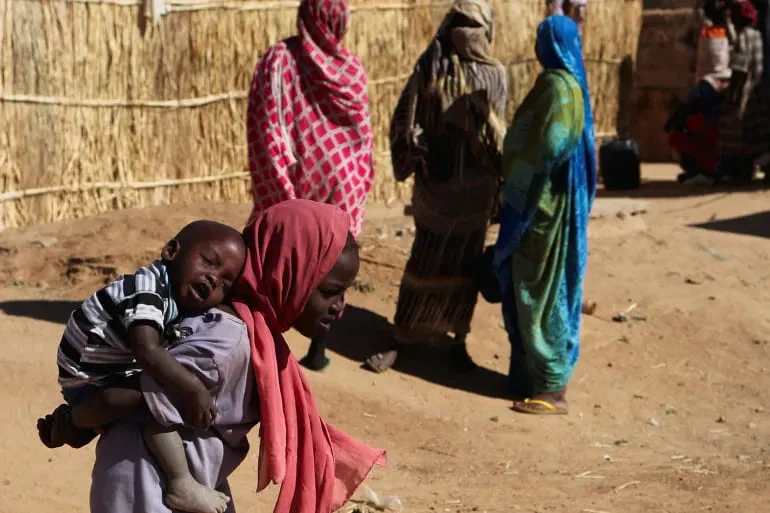President Samia Suluhu Hassan was sworn into office on Monday during a ceremony restricted to invited guests.
The inauguration followed a highly disputed election that immediately sparked deadly protests across the nation. Controversy arose after two main opposition candidates were barred from participating in the poll.
The swearing-in was held on government grounds in the administrative capital, Dodoma. This location marks a notable departure from previous presidential inaugurations, which historically took place in crowded public football stadiums.
High Tensions Follow Election Day
Tension remains notably high in the commercial capital, Dar es Salaam, following three consecutive days of protests after the October 29 election. Gasoline stations and grocery shops have closed. Streets remain largely deserted as many government employees continue working from home. Similarly, most residents in Dodoma stayed indoors.
The election itself was marred by violence. Demonstrators took to the streets of major cities to protest the results and attempt to halt the counting of votes.
The military was deployed to assist police in quelling the riots. Furthermore, internet connectivity has been intermittent across the East African nation, severely disrupting travel and other activities.
The widespread protests caused the government to postpone the reopening of universities, which had been scheduled for November 3.
Casualties Reported as Opposition Rejects Results
Tanzanian authorities have not provided official figures for the number of people killed or injured during the violence. However, external reports suggest significant casualties. Credible accounts indicate ten deaths occurred across Dar es Salaam, Shinyanga, and Morogoro towns.
The main opposition party, Chadema, formally rejected the election results. In a statement, the party claimed the outcome had “no basis in reality,” asserting that “no genuine election took place in Tanzania.”
The political crisis deepened after opposition leader Tundu Lissu was imprisoned for several months. He faces treason charges after advocating for electoral reforms that he argued were necessary to ensure a free and fair vote. Another opposition figure, Luhaga Mpina of the ACT-Wazalendo Party, was also barred from running in the election.
Regional Leaders Attend as Dialogue is Urged
The presidents of Somalia, Burundi, Zambia, and Mozambique attended the restricted swearing-in ceremony on Monday.
Meanwhile, the President of Kenya issued a statement urging Tanzanians to maintain peace.
The statement called for dialogue among all stakeholders to preserve national stability. The Kenyan President was represented by his vice president at the event.
The election violence has also caused significant regional economic disruption. The border crossing with Kenya at Namanga was forced to close. Trucks carrying essential agricultural goods have reportedly been stalled for six days, leading to rotting cargo.
READ ALSO: Trump Slashes Refugee Cap to 7,500:Favors White South Africans























